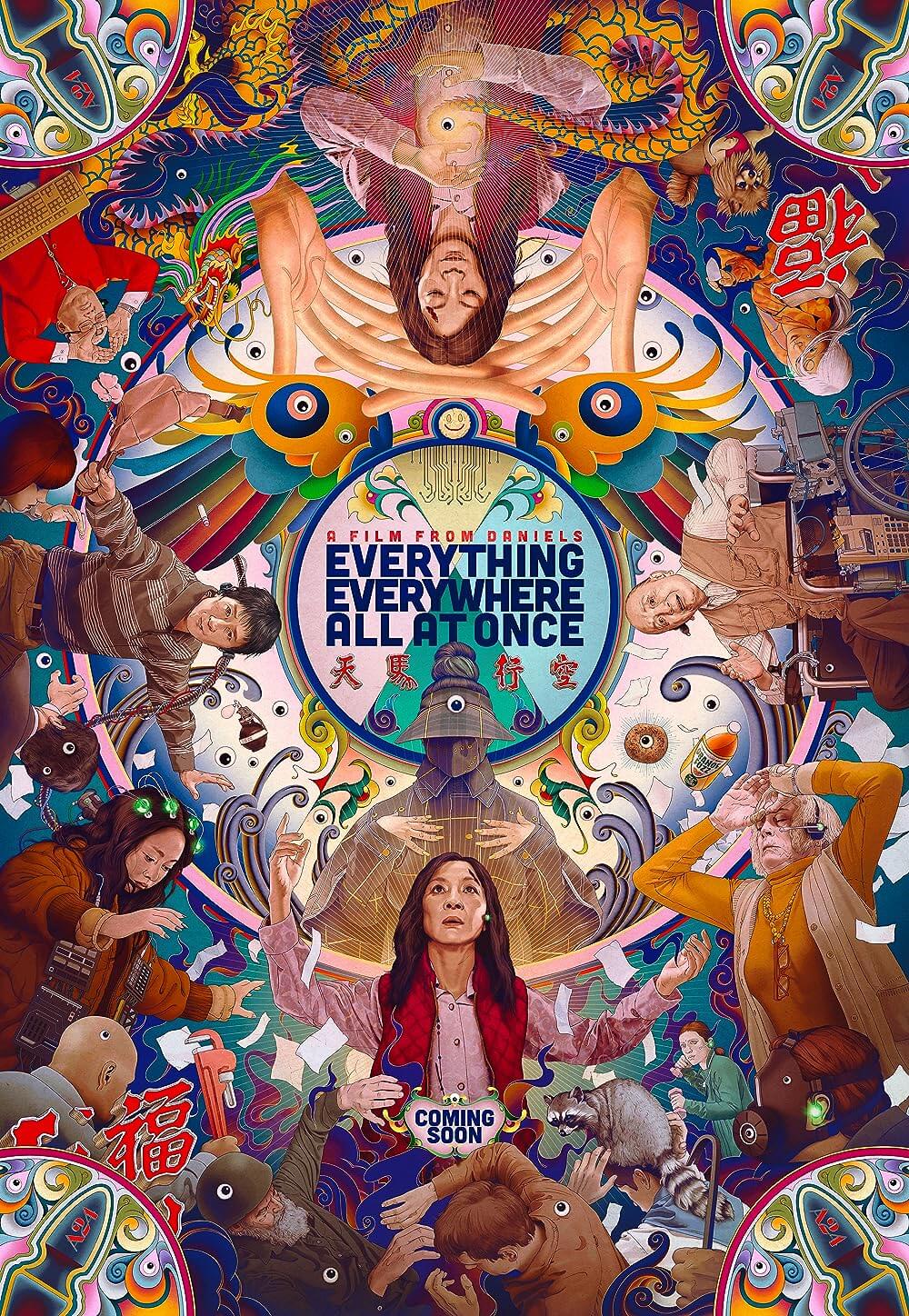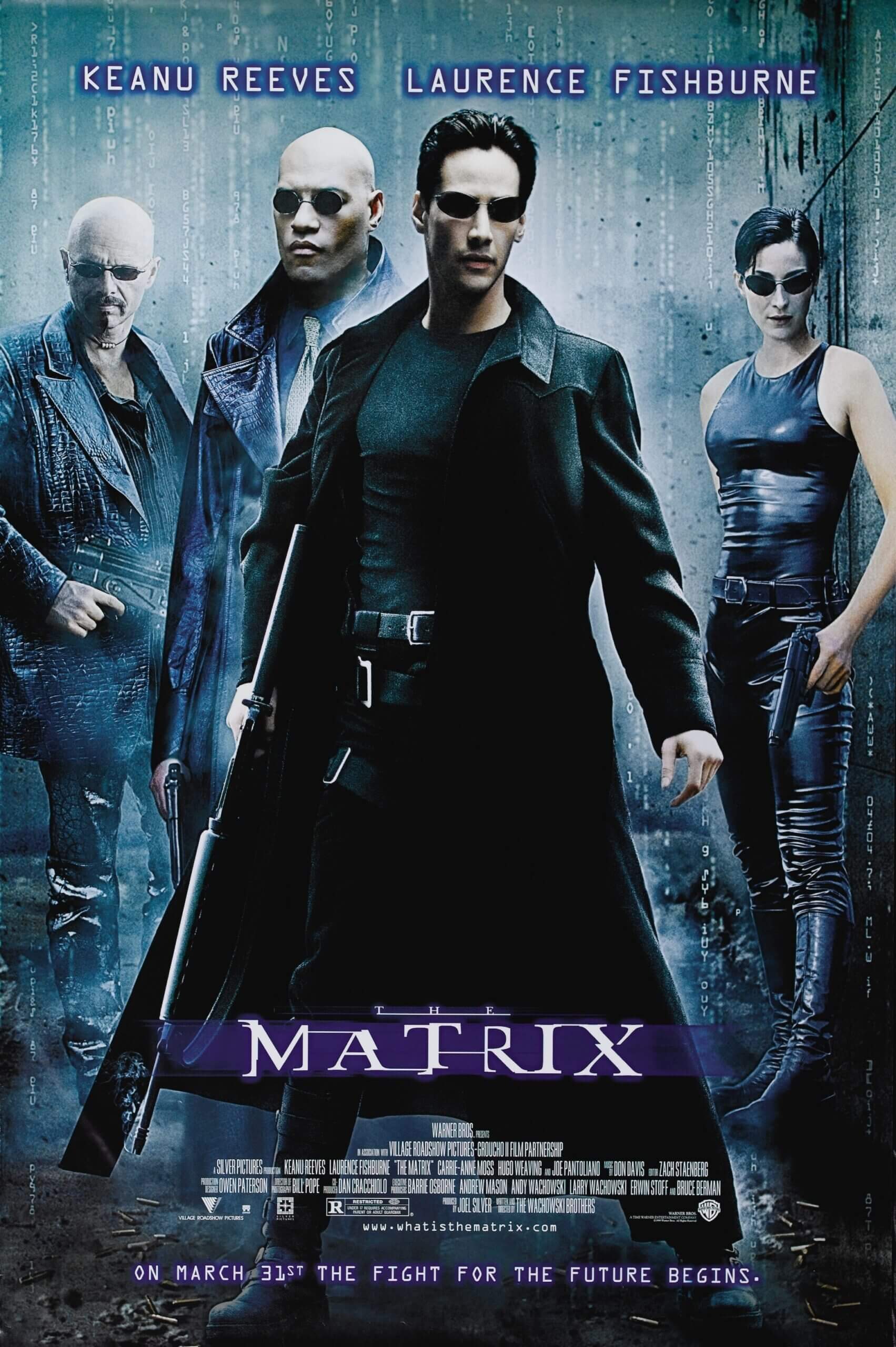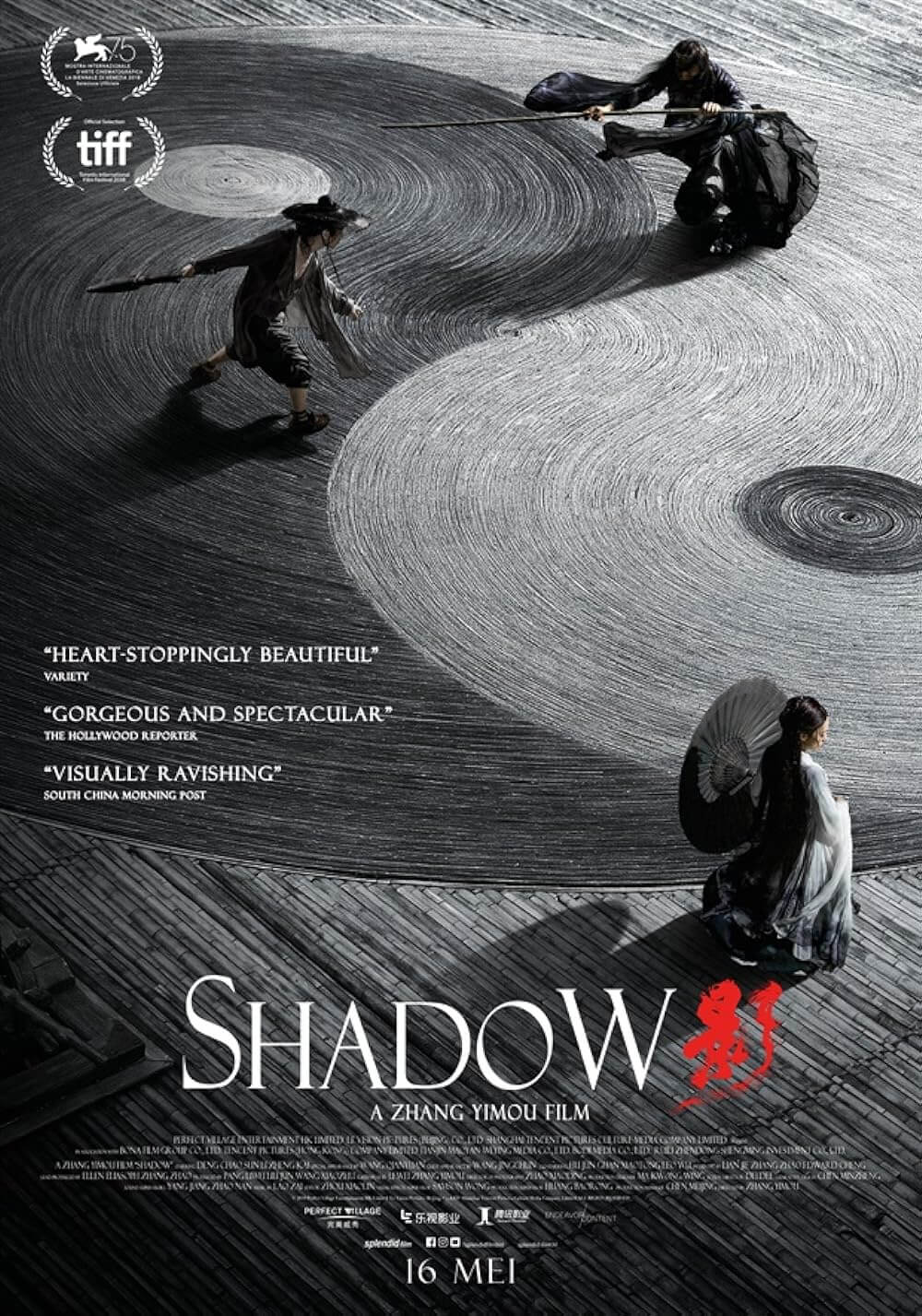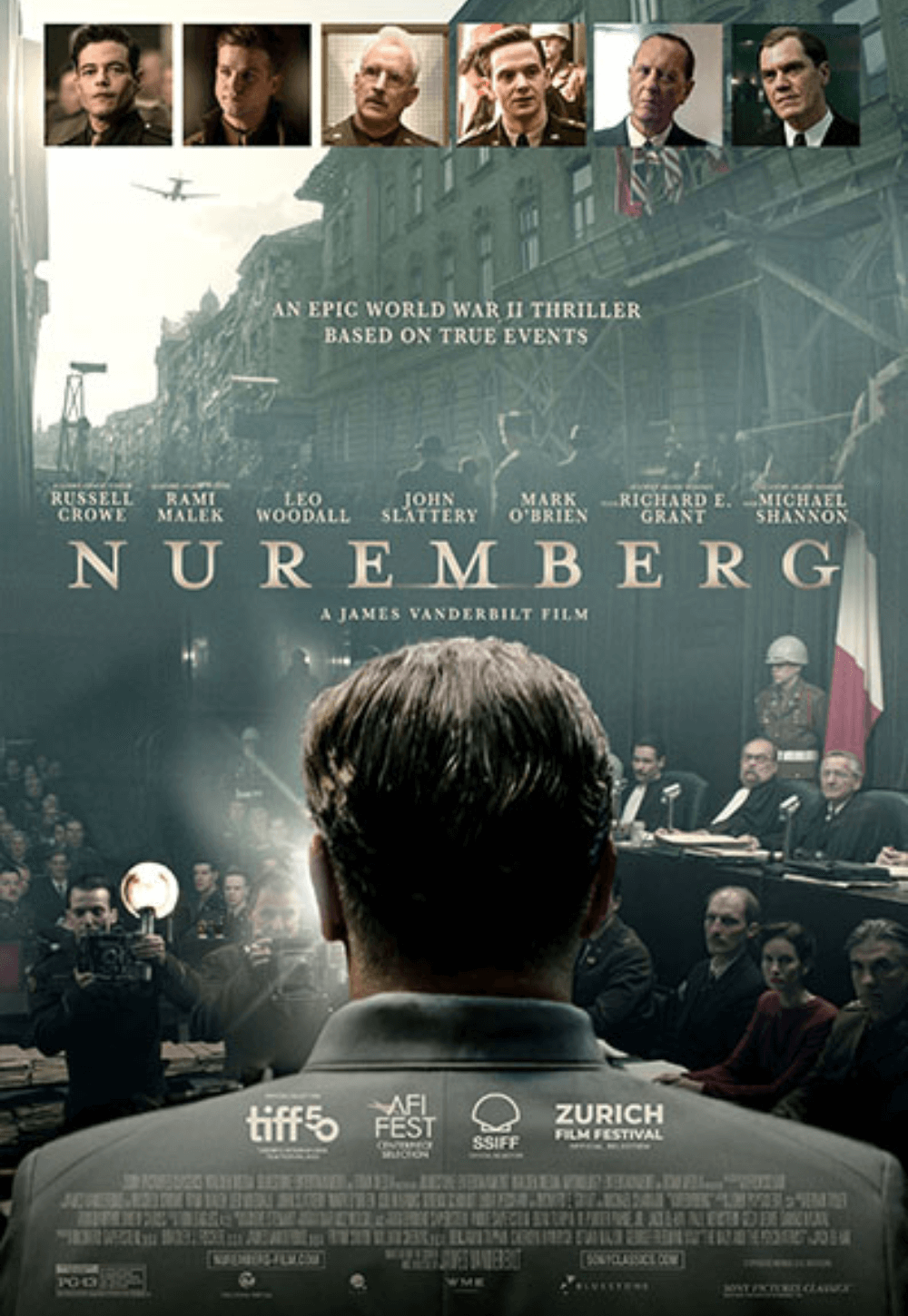
Chocolate
By Brian Eggert |
If you’re a fan of martial arts movies, you’ll recognize director Prachya Pinkaew’s name from Ong-bak, the 2003 film that sought to propel its star Tony Jaa into a major player for the genre—a failed effort, at least in America. For Pinkaew’s latest Thai-language import, his female lead, JeeJa Yanin, plays an autistic girl with bravado fighting skills. Think Rain Man-meets-Bloodsport, a concept that either intrigues you or offends you. However, the most unpleasant aspects of this film are not the representation of the “special child,” but rather the desperate post-Tarantino attempts at coolness.
Lost in a plot of gangsters in sunglasses and transvestite henchmen, two lovers, Zin (Ammara Siripong) and Yakuza boss Masashi (Hiroshi Abe) are separated by Thai gangster No. 8 (Pongpat Wachirabunjong). Zin, told she must never see Masashi again, gives birth to their child Zen (Yanin), who grows up watching a kickboxing class outside her window. Soaking in daily lessons, Zen learns more from martial arts movies and video games than years of scrupulous training might teach, which in turn tells any children in the audience that talent can be absorbed through inactivity.
By the time Zen is a teenager, her mother is slowly deteriorating from cancer and requires treatment, but they don’t have the money. Moom (Taphon Phopwandee), Zen’s friend, finds a notebook listing Zin’s debtors, which he and Zen use to collect funds for Zin’s medicine. Zen arrives shouting with open hands, “Lots of money. Mom in hospital.” And when the owing parties aren’t willing to pay, Zen knocks some sense into them. The movie continues on with Moom and Zen playing angry bill collectors throughout the second act. Eventually, in the bloody finale, there’s a showdown with No. 8’s gang in a rip-off of the “House of Blue Leaves” sequence from Kill Bill Vol. 1, complete with Zen’s own Crazy 88 to defeat.
The action scenes are familiar and second-rate, particularly if you’re familiar with the likes of Jackie Chan, Jet Li, or hell, even Jason Statham. Yanin has skill, to be sure, but she’s no artist. She bounces computer-generated candies off her arm and into her mouth. Big deal. If I had movie magic effects artists on my side, I could do that too. The appeal of Chan, for example, remains that he’s an authentic talent, always choreographing his own stunts; he’s an actor in control of his physical capabilities and his onscreen geniality. Yanin offers sloppy overacting in her autistic scenes, and then when miraculously her condition fades, her fisticuff styles are derivative at best.
In the aforementioned action yarns of the past, viewers could dismiss inane plotting because the fighting made up for it. But here, the almost nonexistent story was blatantly formulated to propel gimmicky brawls consisting of Zen vs. countless thugs. Her autism is simply a device for the martial arts to remain interesting. Instead, it’s just tasteless, like when Zen must face her equal: a goon with an involuntary twitch (yes, really).
Maybe twenty years from now, Chocolate will seem charming in that so-bad-it’s-good way. Doubtful, though, as the sentimental Hallmark score already sounds dated, and the formulaic plot is sleepily redundant. Even for audiences hoping to lose themselves in a procession of martial arts displays, the banality of the story keeps creeping in, distracting, and insisting upon its useless attempts to jerk a tear. The filmmakers should have known the meaningful message about triumph over adversity never had a chance next to the basic thrill of movie violence.

If You Value Independent Film Criticism, Support It
Quality written film criticism is becoming increasingly rare. If the writing here has enriched your experience with movies, consider giving back through Patreon. Your support makes future reviews and essays possible, while providing you with exclusive access to original work and a dedicated community of readers. Consider making a one-time donation, joining Patreon, or showing your support in other ways.
Thanks for reading!
Brian Eggert | Critic, Founder
Deep Focus Review







